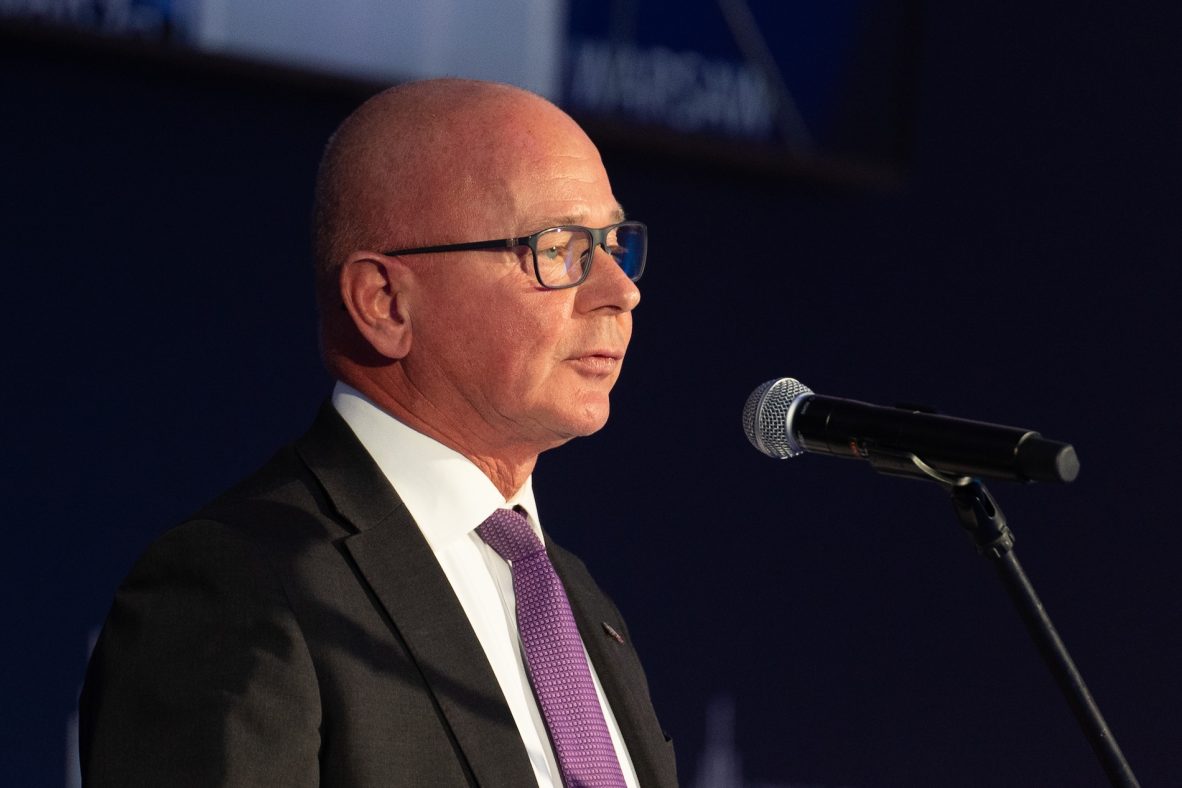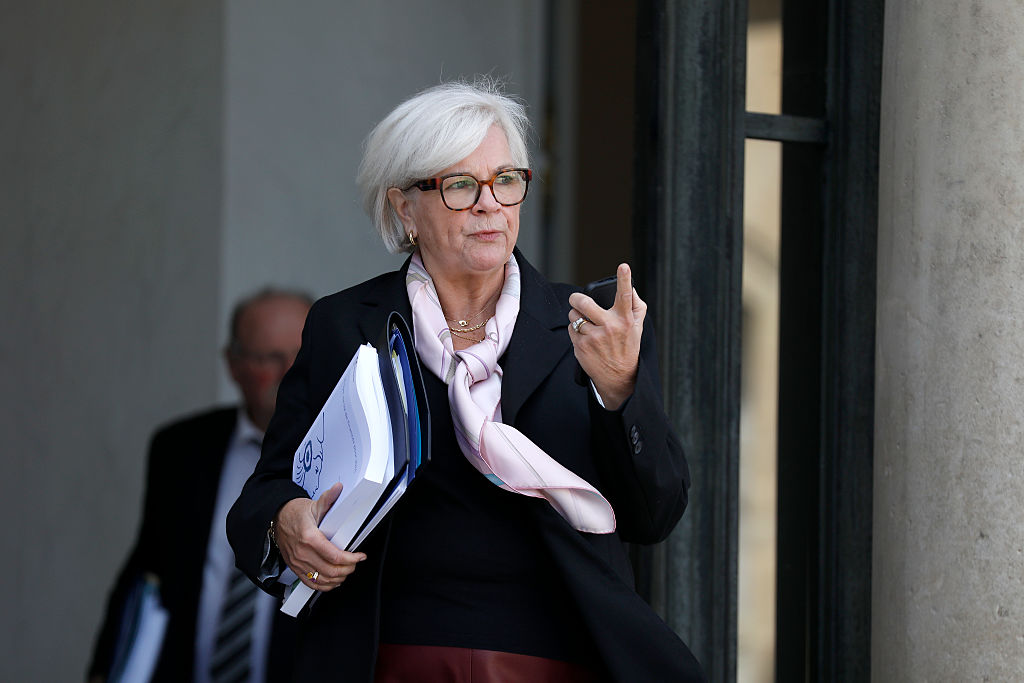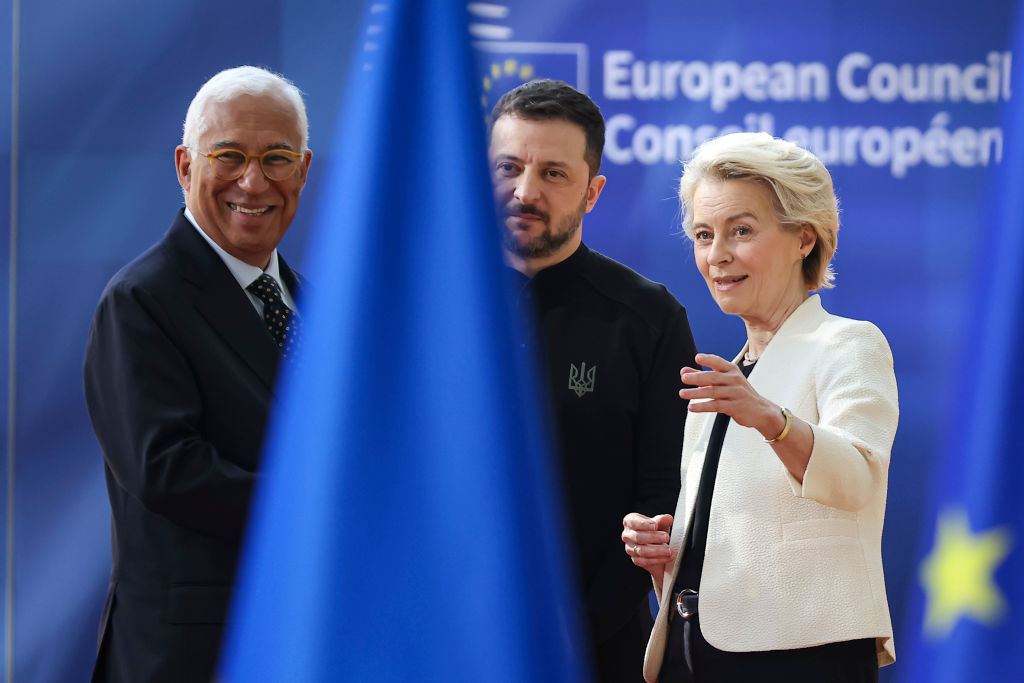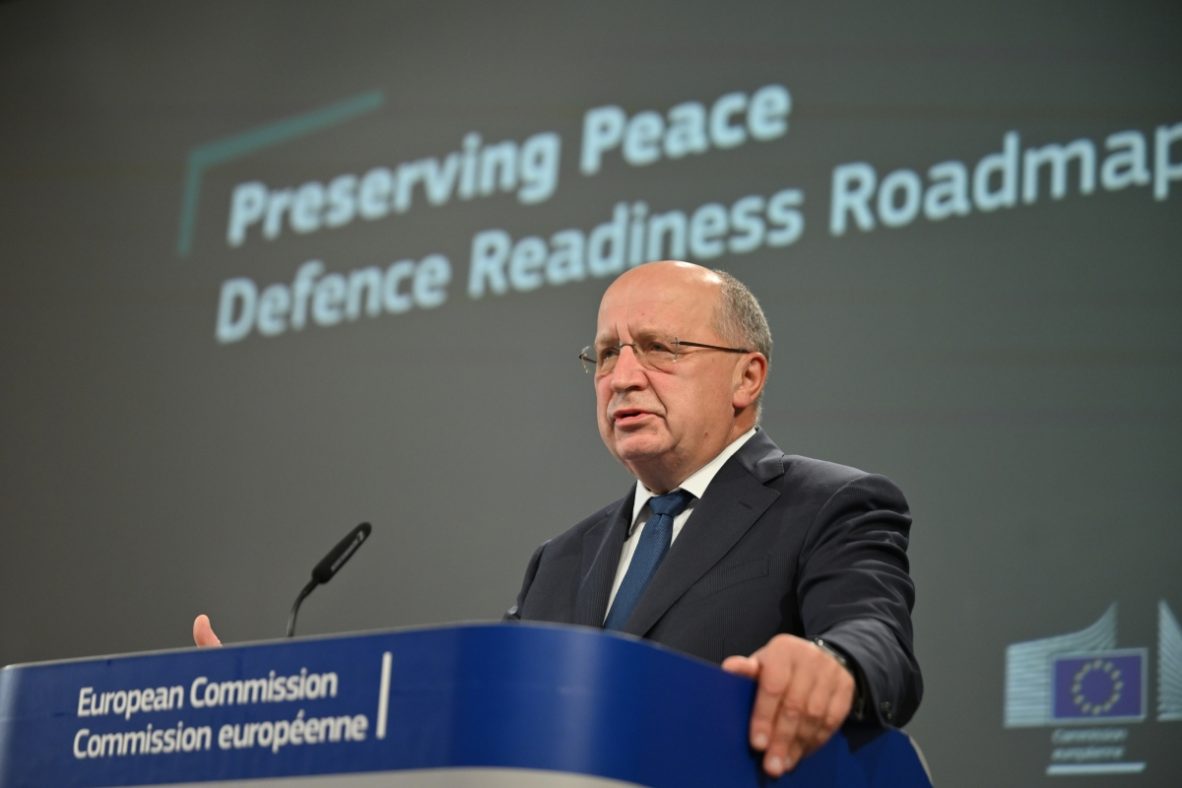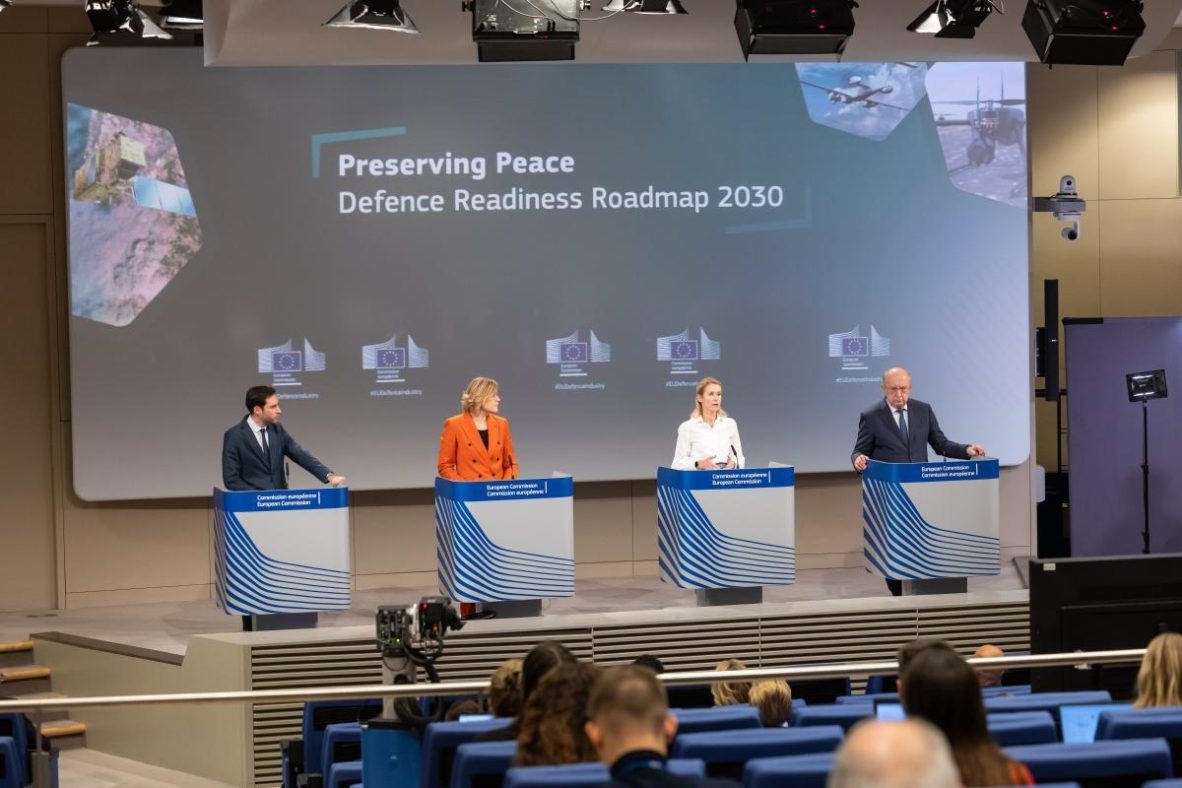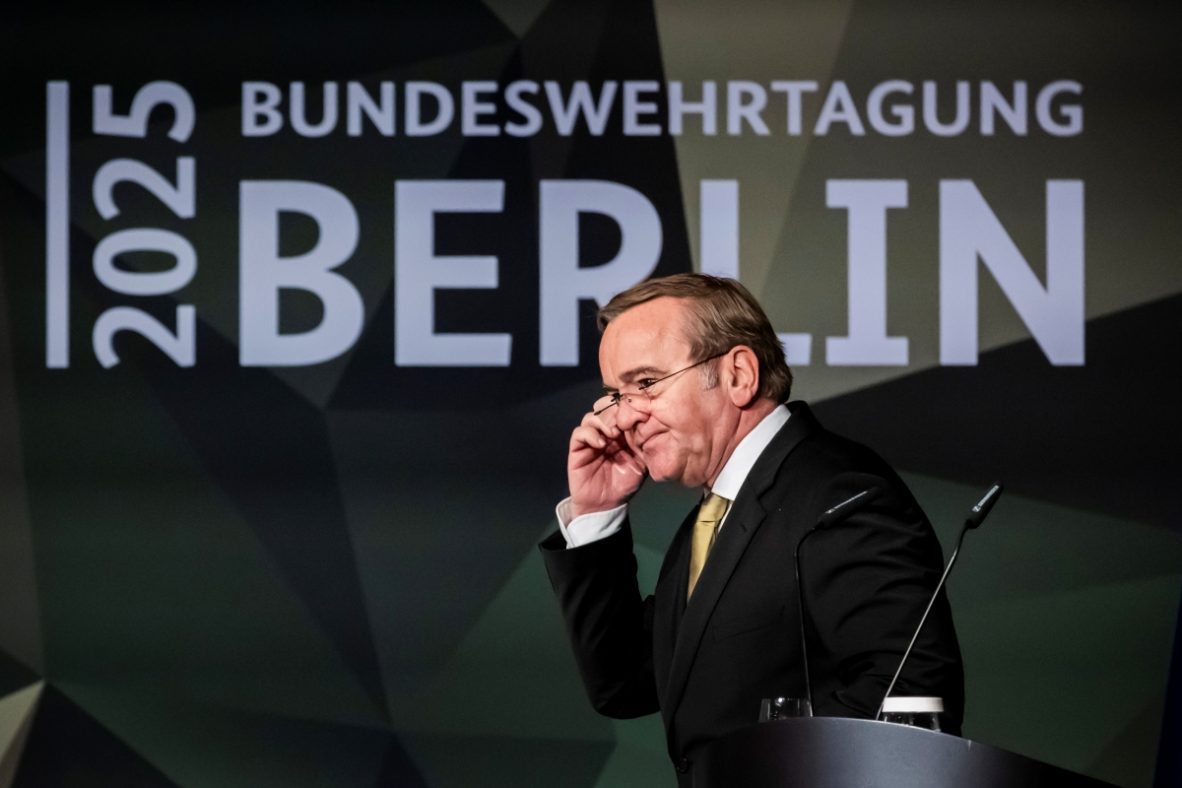Defence Commissioner Kubilius pushes for more defence project oversight
“Until now there have been only few very success stories where defence projects by several member states successfully delivered together,” said Commissioner Kubilius

European Defence Commissioner Andrius Kubilius pushed for more monitoring and oversight of European defence projects at an event on Tuesday, with progress on some EU country initiatives currently struggling.
EU countries have long been cautious of giving EU institutions any control over national defence matters, but struggling projects such as the next-generation fighter jet are providing an opportunity for the Commission to take hold of more oversight.
“Until now there have been only few very success stories where defence projects by several member states successfully delivered together,” Commissioner Kubilius said at the European Defence & Security Conference in Brussels.
Highlighting the “stark contrast” with projects coordinated by the EU, such as the European space initiatives Galileo and Copernicus, Kubilius said that the Commission should facilitate and coordinate future flagship projects, even though the “member states will be in the lead”.
The most prominent project struggling to make progress is Europe’s €100 billion next generation fighter jet (FCAS) system, which brings together as partners France, Germany and Spain. France’s prime contractor, Dassault aviation, would prefer to develop a next-generation fighter on its own, which is opposed by Germany’s Airbus Defence.
While not as prominent, the project’s ground-based equivalent – the Franco-German next generation tank (MGCS) – is experiencing similar problems.
A lot of common European military projects are currently facilitated by the Permanent Structured Cooperation (PESCO), which recently called for a focus on longer-term projects.
However, PESCO projects still put a participating country (or countries) in the coordination role rather than a European-level authority.
Kubilius’ comments can be interpreted in a way that he would like to see a structure similar to PESCO but with more monitoring and reporting obligations to the Commission for future European flagship projects.
The European Commission is set to unveil its 2030 Readiness Roadmap on Thursday, a list of capability projects and a timeline to make the March White Paper a reality, in which more information on flagship projects is expected.
(cp)
